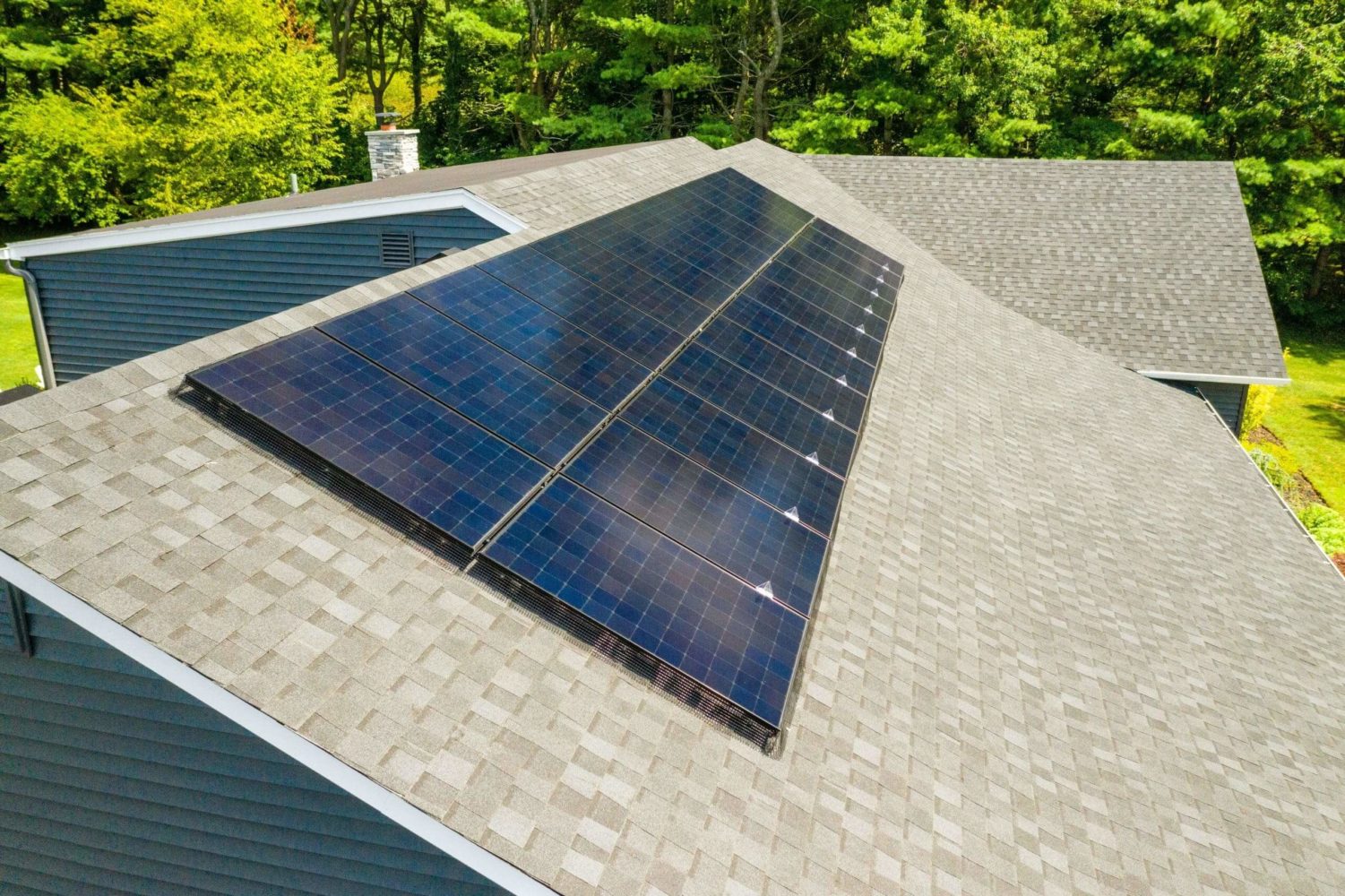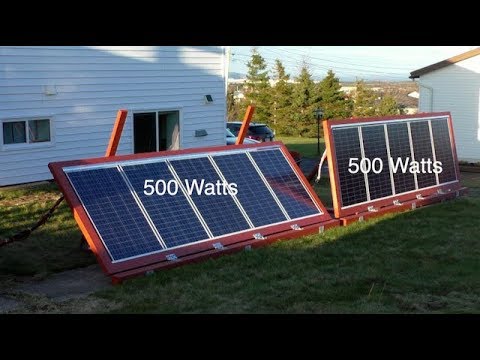
If you'd like to install solar in San Diego CA, there are several ways you can finance the project. One of the most popular options is a home equity loan. These loans typically require little or no down payment and allow you to utilize a federal tax credit. The purchase of your home is tax-deductible. However, the increased value doesn't raise your property tax bill. This makes solar power in San Diego CA attractive to many homeowners.
Solar panels are expensive
Depending on your home's size and other factors, solar panel installation costs in San Diego may vary. On average, solar installations cost between $10,500 and $16,800. Higher wattage homes may require $22,150, or even $59,000. But the savings are significant, and you can save money as well as the environment. Find out how to save on your San Diego solar installation.
The incentives offered by the program may help you to reduce the cost of solar panels San Diego CA. Housings who meet the requirements can receive up to $1 Million in grants over 10 year. This money will pay 100% for solar installations of up 6.5 kilowatts or up to $3,000. For electrical panel upgrades, the money will cover upto $3,000. The program is only for homeowners and not for businesses. Also, the solar installation must be performed on property that the customer owns and occupies.

Environmental impact of solar panels
Many people are asking "Is it possible for old solar panels to be recycled?" Yes, it is possible. According to Sam Vanderhoof, CEO of Recycle PV Solar, only about one in ten panels are recycled. The International Renewable Energy Agency data shows that only 15% of solar panels are actually recycled. This means that many of them end up in landfills.
For the purpose of calculating the environmental impact from a renewable energy source you should compare solar panels to fossil fuels. Coal produces twice as much carbon dioxide as solar energy. Comparing solar panels with fossil fuels will reveal a difference between them of approximately two to three orders. It is important to compare the environmental impact of solar power and fossil fuels, as the former is more efficient than the latter.
Tax credits available for solar installations
Many tax credits are available to help you save money if you're considering solar energy for your San Diego property. Local incentives are available as well. These incentives are provided by the County of San Diego Renewable Energy Program. This program offers attractive terms and rates to homeowners who are eligible for loans for solar installations. This program is available for homeowners, commercial businesses, and non-profits.
The federal government offers tax credits on solar installations to commercial and residential customers. These incentives depend on the size and energy output of the system. The incentives are capped at 26% of the cost of the system, which means that a residential customer can only receive a maximum of $95% of the total project cost. The customer will be required to pay 5%. The federal government will refund the rest.

Companies offering solar power systems to san diego
Infinity Energy is a company that provides solar solutions for San Diego residents and businesses. They use top-of-the-line American solar panel manufacturers, including SunPower, Sunnova, and Infinity. Customers can finance a new solar system by using either a Power Purchase Agreement, PACE Program, or cash. You also have the option of internal financing and cash. All companies should be able to explain the benefits of their services and how they can help you meet your energy goals.
Make sure you ask about the warranty of any solar energy company. Most companies offer free consultations or quotes. Average solar energy systems for San Diego, CA cost around $17,000. But this price is significantly lower when you factor in federal tax credits, rebates, and other incentives. Monocrystalline silicon, which is the most costly and common type of solar panel, is the majority. It is crucial to get a 25-year warranty if you are going to purchase a solar panel system.